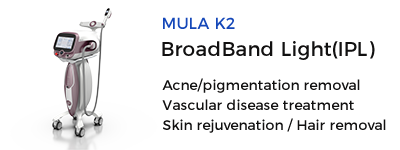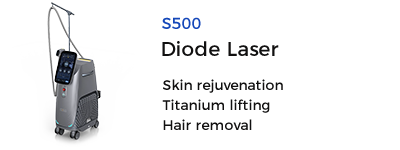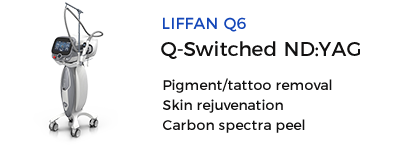When to See a Dermatologist for Acne

When to See a Dermatologist for Acne
When to See a Dermatologist for Acne: A Comprehensive Guide
Acne is one of the most common skin conditions affecting people of all ages. While some individuals may manage their breakouts with over-the-counter treatments, others may find that their acne persists, becomes severe, or adversely affects their quality of life. Knowing when to see a dermatologist can make a significant difference in the health and appearance of your skin. This article will explore the signs that indicate it’s time to see a dermatologist and discuss various treatment options including spot treatment for acne, vascular laser treatment, and other skin treatments.
Persistent or Severe Acne
If you have been using over-the-counter spot treatments for acne without significant improvement, it may be time to consult a dermatologist. Over-the-counter products are typically effective for mild cases, but persistent or severe acne often requires stronger, prescription-strength medications. A dermatologist can provide tailored treatments such as topical or oral antibiotics, retinoids, and hormonal treatments that target the underlying causes of acne.
Painful, Cystic, or Nodular Acne
Painful, cystic, or nodular acne is deeply embedded in the skin, making it both difficult to treat and potentially scarring. These types of acne are less likely to respond to over-the-counter treatments and more likely to cause permanent damage. Dermatologists can offer a range of effective treatments for these severe forms of acne, from cortisone injections to vascular laser treatments, which can reduce inflammation and prevent scarring.
Scarring and Hyperpigmentation
Acne often leads to scarring and hyperpigmentation, affecting not just the skin but also one's self-esteem. Treatments like IPL photofacial machines can help reduce these post-acne blemishes. IPL (Intense Pulsed Light) machines emit pulses of light that penetrate the skin to target melanin and hemoglobin. This can help to fade hyperpigmentation and reduce the appearance of scars. A dermatologist can guide you in choosing the best course of action, whether it's IPL treatments or other options like chemical peels and microneedling.
Impact on Quality of Life
If acne is negatively impacting your emotional well-being or quality of life, it's essential to seek help. Mental health concerns related to acne, such as anxiety and depression, are a valid reason to consult a dermatologist. They can offer treatments that not only improve your skin but also your self-confidence.
Combining Acne Treatment with Other Skin Concerns
Many people suffering from acne also have other skin concerns. For instance, you might be interested in underarm skin whitening treatment or general whitening skin treatments to address hyperpigmentation and uneven skin tone. Dermatologists can develop a comprehensive skin care plan that addresses acne while also focusing on these additional concerns.
Advanced Technological Treatments
Dermatologists have access to advanced technological treatments that are not available over the counter. For example, vascular laser treatment can be highly effective in treating acne and the redness that often accompanies it. Additionally, IPL photofacial machines can be utilized to treat acne scars and hyperpigmentation. If you’re dealing with multiple skin issues, your dermatologist may recommend combining these treatments for optimal results.
When Over-the-Counter Spot Treatments Fail
Over-the-counter spot treatments for acne can be very effective for occasional or mild breakouts. These typically contain ingredients like benzoyl peroxide or salicylic acid. However, if you've tried multiple products without success, a dermatologist can prescribe stronger topical treatments that are more effective in reducing inflammation and preventing future breakouts.
Conclusion
Acne is a multifaceted condition that can range from a minor annoyance to a severe problem impacting quality of life. Recognizing when it’s time to see a dermatologist can lead to quicker, more effective treatment and better skin health in the long term. Whether it's through prescription medications, vascular laser treatments, IPL photofacial machines, or underarm skin whitening treatments, a dermatologist can provide a comprehensive approach to treating acne and related skin issues. Don’t hesitate to seek professional help if over-the-counter treatments are not meeting your needs. Your skin will thank you.

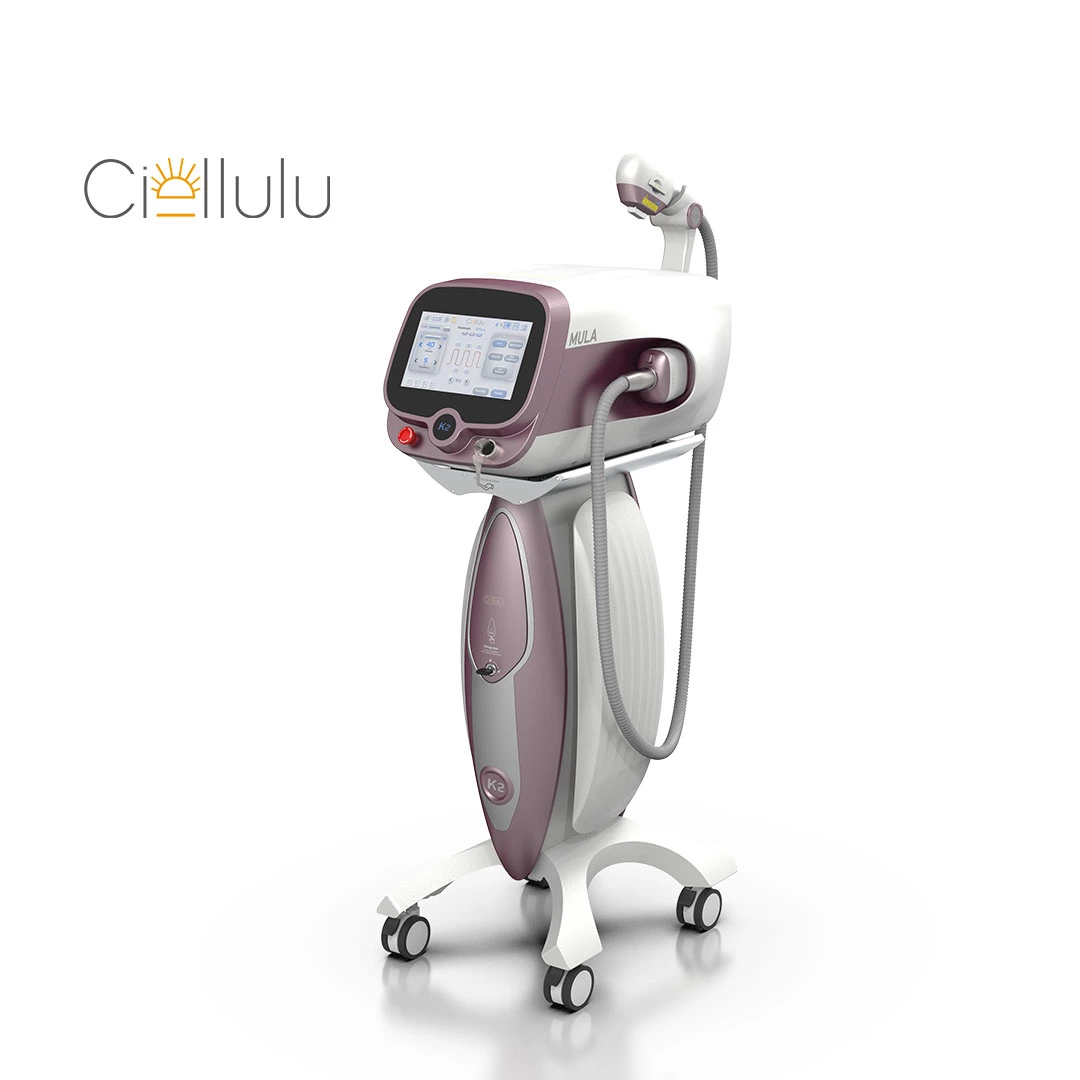

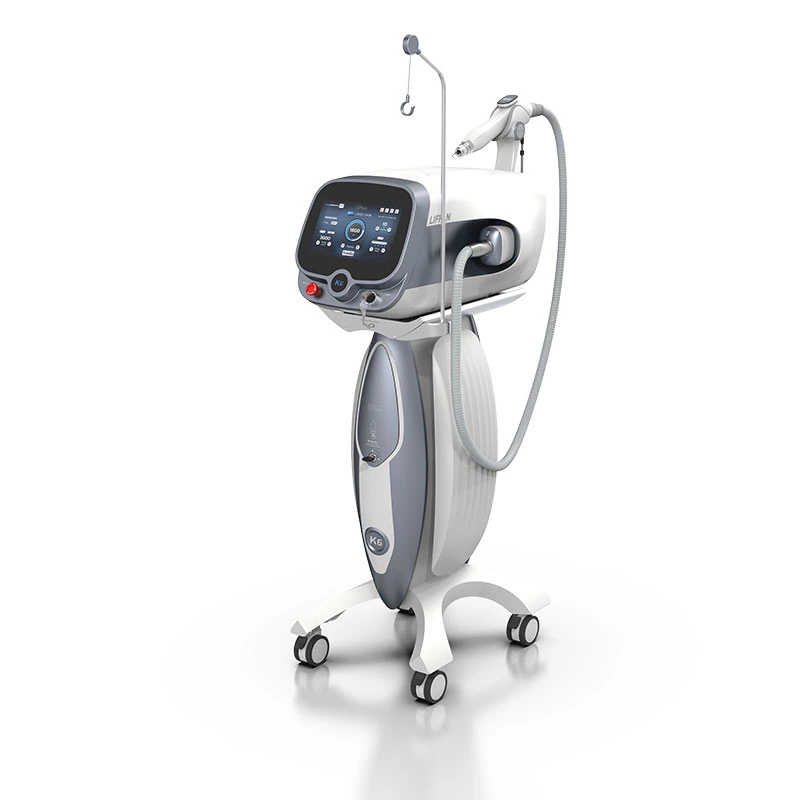
 Ciellulu Laser - Facial Machine Supplier
Ciellulu Laser - Facial Machine Supplier